19 Jun 2017
The first Suzhou Youth Commonweal Forum was held at Xi’an Jiaotong-Liverpool University to discuss how the University can provide better public services for local neighbourhood communities.
The forum, organised by XJTLU Volunteer Academy, attracted around 50 participants, including XJTLU students and staff, representatives of Suzhou social organisations, and neighbourhood community staff.
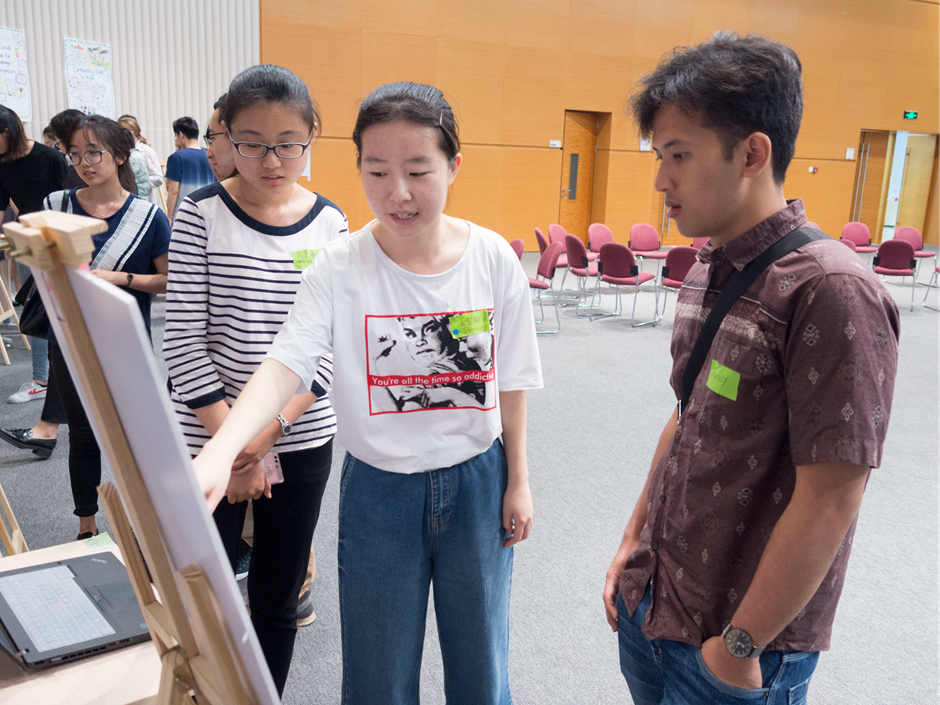
Dr Ying Chang from the Department of Urban Planning and Design at XJTLU said that the XJTLU Community Engagement Project was co-conducted by XJTLU Volunteer Academy, SIP Juandi Social Work Service Centre, and SIP Zhongxin Social Workers Office.
The project started last December and was divided into two phases: a winter session and a spring session. The services students provided included support for the elderly, community environmental improvement, community mobilisation activities, and to generally help instil a sense of community.
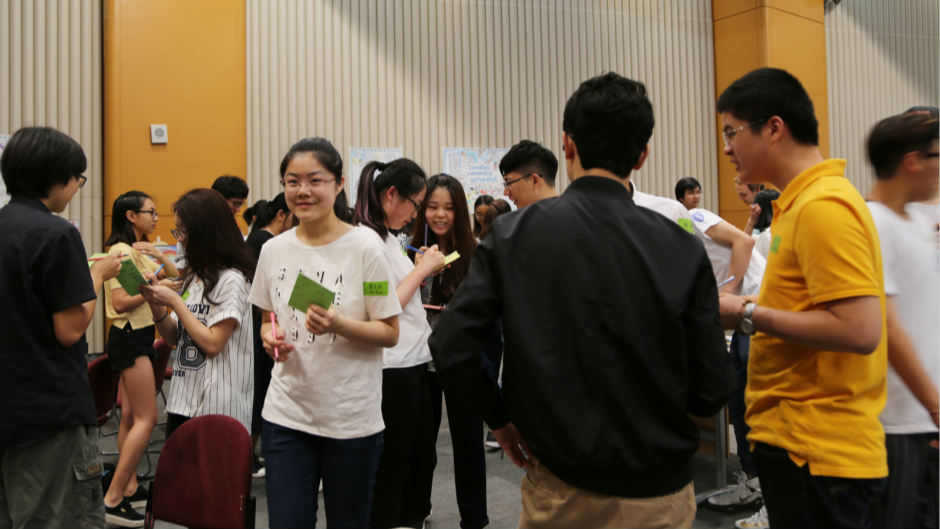
Yue Yang, Year One student from XJTLU’s Department of Architecture, was involved in the Shidai Shangcheng neighbourhood community project together with her group members.
Through onsite research, visiting the residents, and questionnaires they learnt about the residents’ living situation, how they help each other, and issues concerned with neighbourhood community interests. They then carefully designed online and offline activities to help the residents enhance their interactions and sense of belonging.
Yue Yang believes that conducting neighbourhood community research requires eloquence, good social skills, and persistence: “Although some residents would refuse to cooperate, each team member was working hard and the team encouraged me to continue the project,” she said. “We finally received a very satisfactory assessment from SIP Zhongxin Social Workers Office.”
Jing Zhang, Year Two student from the Department of Urban Planning and Design at XJTLU, participated in a corridor improvement project in DongTing neighbourhood community.
As a community for the large-scale resettlement of farmers, there are many elderly people and migrant workers in DongTing neighbourhood. Community residents generally have a weak sense of community belonging and little or no consciousness to proactively maintain the cleanliness of corridors.
In order to solve these problems, Zhang Jing’s group held a mobilisation meeting to introduce their design proposals to the residents and collect their opinions and suggestions. After further exploration, survey and design, Jing’s group tailor-made blackboards for some buildings with different topics, including ‘piety culture’ and ‘civilisation corridor’.
In Jing’s opinion, the project improved their practical abilities, let them accumulate relevant experience, and furthered their understanding of the importance of applying professional knowledge based on real situations.
Liping Wang from SIP Zhongxin Social Workers Office said that XJTLU students helped the neighbourhood community to conduct a survey and other types of research, and provided a lot of technical help for producing promotional materials.
“In particular, XJTLU students have very good English ability. Whenever they meet foreign residents, they can provide translation in an accurate and timely manner,” she said.
Liping believes that interaction between the neighbourhood community and the University can provide a platform for both sides to share resources and integrate with each other. Students can have a different sort of experience, and the community can get a lot of help.
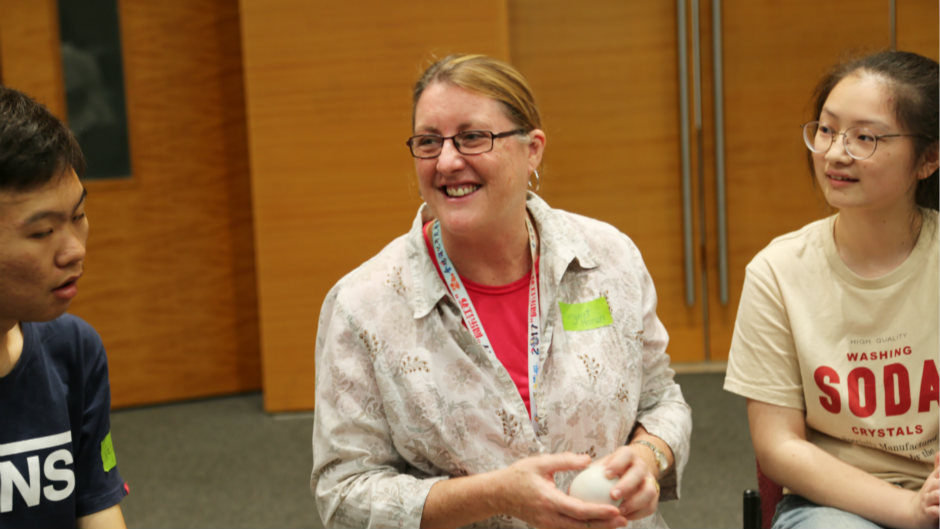
Dr Chang said that in addition to extending the classroom to social practice, students’ awareness of citizenship and service can also be developed by taking part in local neighbourhood community activities.
“To become a global citizen, students should start by understanding and serving their own society. Besides learning professional knowledge, we also guide students to undertake social responsibility by participating in neighbourhood community engagement, solving their issues, and helping the community to achieve better development. In this way XJTLU is becoming a force for social good.”
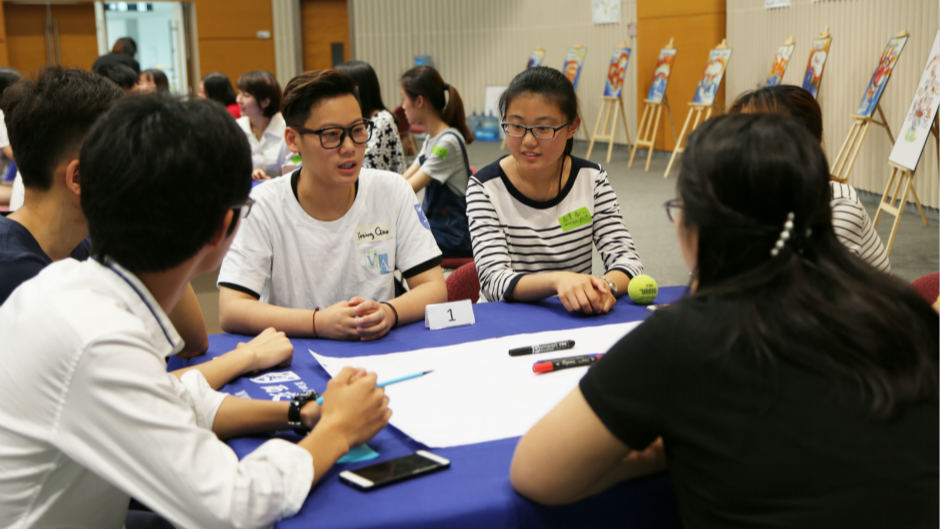
This event adopted the model of ‘World Café’ to provide an open space for people of different backgrounds to gather together and listen to each other’s stories, express their opinions, and communicate.
Dr Chang said: “The total number of applicants for the first forum is beyond our expectations, and we can feel the applicants’ desire and passion for understanding and serving local commonweal affairs.”
This event attracted students and staff from various departments and centres at XJTLU, including the Language Centre, the Department of Mathematical Sciences, the Department of Public Health, and the Student Affairs Office.
Staff from SIP Living Bank neighbourhood community, Shidai Shangcheng neighbourhood community, Xinzhen neighbourhood community, Suzhou Vocational University, Suzhou Migrant Workers Home Social Work Service Centre, and Suzhou Lovezone Charity Federation also participated in the event.
“This event successfully enhanced communication between XJTLU staff and students and organisations outside of the university, and laid a foundation for further cooperation in the future,” added Dr Chang.
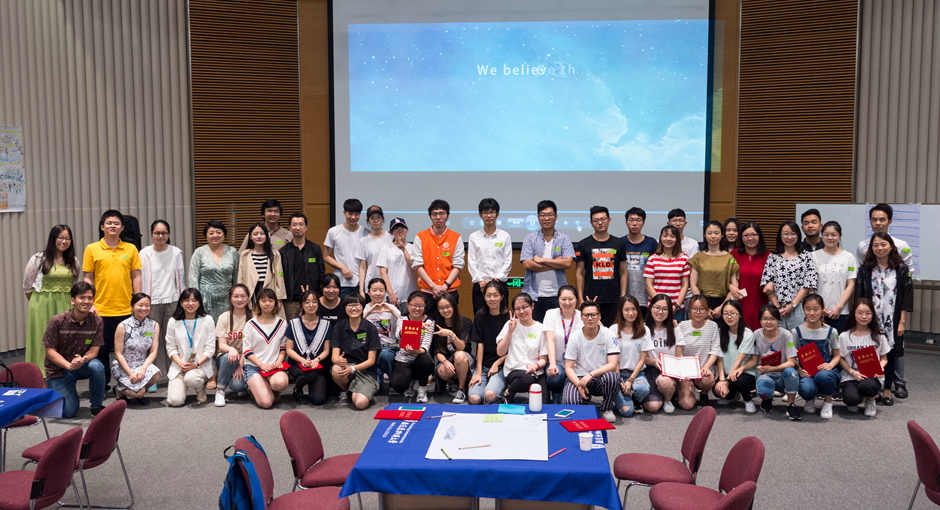
XJTLU Volunteer Academy is aimed to support commonweal purpose, through optimising resources, coordination, promotion, planning and consultancy. At present, they are responsible for the coordination work of vocational social practices and volunteer recruitment, support for student societies with commonweal purpose, and regular forums to share stories among volunteers.
To know more about XJTLU Community Engagement Project, please click here.
(translator: Guojuan Wang, Mingming Xiao, editor: Danny Abbasi)
19 Jun 2017
RELATED NEWS

Launch ceremony for Summer Social Practice programme
Since 2010, the Summer Social Practice programme at Xi’an Jiatong-Liverpool University has enabled students to take part in various volunteering and research...
Learn more








